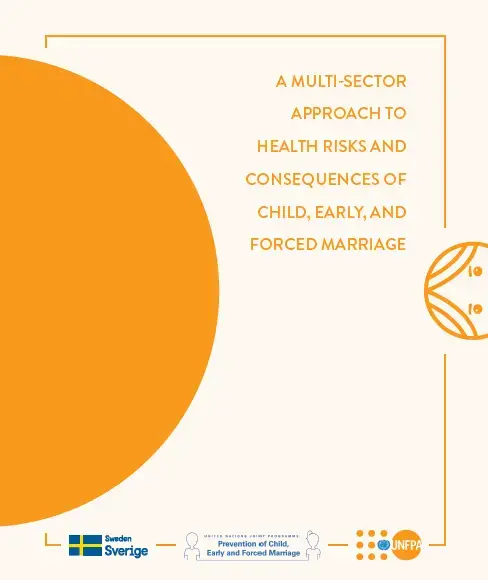Child marriage is an harmful practice affecting millions of children and especially girls across the world and it must be addressed with a multi-dimensional approach. Although the increased national and international efforts all around the world decreases the rate of child marriages, this practice still remains to be a social problem. Many intertwined and mutually-reinforcing factors such as poverty, societal norms, harmful practices, socially created gender roles for girls and boys etc., play a role in leading to child marriages.
This is a qualitative study focusing on the risks and results of child, early, and forced marriages on health and has been prepared based on in-depth interviews and focus group discussions with relevant service providers, public officials, civil society workers, and academics working in this field. This study reveals many health problems caused by child marriages and adolescent pregnancies, such as increased risk of maternal and newborn mortality, miscarriages, preterm births, difficult delivery, growth retardation during pregnancy, low birth weight, severe bleeding, fistula and tears, sexually transmitted infections, and postnatal complications. In addition to presenting the health-related burdens of child, early, and forced marriages, the study discusses many suggestions and interventions to address, manage and prevent the issue of child marriages from a health sector perspective with a multi-sectoral approach. The research also presents the reasons of child marriages, domestic and international legislation on child marriage, and current data on the subject.


